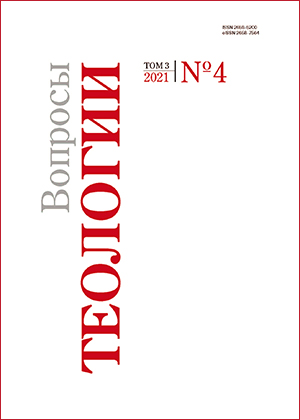Beauty by Roger Scruton
DOI:
https://doi.org/10.21638/spbu28.2021.411Abstract
This review discusses the book Beauty by Roger Scruton (1944–2020), translated into Russian by the Theoaesthetics Foundation. Scruton opposes relativism with regard to beauty because beauty as a concept, as an object of attention in the 20th century, has moved to the periphery of art and its place has been taken by “interesting” and “impressive”. Scruton notes an important thing: the disdain for humanitarian knowledge that has been prevalent in society in recent decades can be linked to the rejection of beauty, which leads to the destruction of the humanities. They are perceived as something not as serious compared to exact sciences. Scruton shows that when someone talks about beauty, he is not talking about his own condition, but about the subject itself: “I am describing it, not myself”. This observation indicates that beauty is not just something subjective and relative. Nevertheless, the philosopher does not share the metaphysical understanding of beauty as one of the properties of God; he tries to reveal this concept without turning to theology. All this, as the author of the review shows, allows us to start a conversation about beauty and theological aesthetics.
Keywords:
Scruton, beauty, good, truth, transcendentals, Kant, objectivity, subjectivity
Downloads
References
References
Downloads
Published
Issue
Section
License
Articles of "Issues of Theology" are open access distributed under the terms of the License Agreement with Saint Petersburg State University, which permits to the authors unrestricted distribution and self-archiving free of charge.




